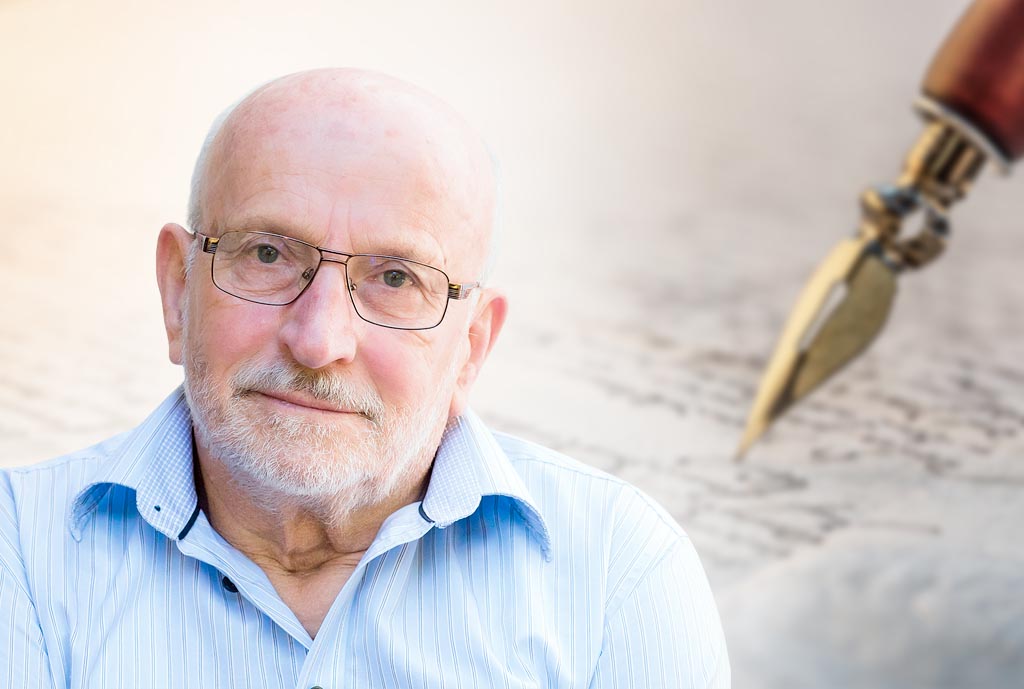By: Borut Korun
The latest sale of agricultural land in Prekmurje fills those of us who care about Slovenia with considerable outrage and concern for the future. After rendering large parts of Slovenia unappealing for food production due to unplanned development and other harmful environmental impacts, we are now witnessing the almost systematic sale of fertile land to foreigners: Austrians and now Croats.
While progressive Slovenians are preoccupied with the Palestinians, less dramatic but no less fateful changes are happening at home in Slovenia. It is true that our land and territory are not threatened by a foreign army; instead, we are selling it ourselves. This is even worse for our self-esteem, as we are responsible for the reduction of national territory. Just like with the Carinthian plebiscite.
Politicians tell us daily about the need for food self-sufficiency. During the upcoming pre-election activities, we will hear these clichés again. And again, nothing will change. However, the loss of land is not just about food.
We must not forget that Slovenia occupies a territory at the centre and crossroads of interest for our neighbours. Some expand to the south, towards the sea, while others push from the east to the west to become more western, more European.
How is it possible that, in addition to Austrians, companies and individuals from former Yugoslav republics, compared to which Slovenia was always wealthier and more developed, are now buying our industry, trade, and now land? One would expect Slovenians to buy land to increase agricultural production, but no. Slovenian newly minted transitional capitalists saw the system change as an opportunity for enrichment, not by working as capitalists and creating profit through work, but by quickly getting rich through sales, and then avoiding responsibility and concerns. The acquired capital will be spent on buying expensive cars and villas on the Croatian coast or elsewhere, in exotic locations.
WHEN I LED THE EUROSCEPTIC ASSOCIATION MOVEMENT DECEMBER 23RD, WE DEMANDED FROM DRNOVŠEK’S GOVERNMENT TO PROTECT AT LEAST THE BORDER AGRICULTURAL LAND. DRNOVŠEK’S RESPONSE WAS, “WHY WOULD WE PROTECT IT IF WE ARE JOINING THIS EUROPE.” THIS WAS THE RESPONSE OF A “SLOVENIAN POLITICIAN” WHO OBVISOULY HAD NO UNDERSTANDING OF HISTORY. NOR WAS HE INTERESTED.
But when all our land is bought up, it will be hard to talk about Slovenia. A nation without its land ceases to exist. This is understood by both Israelis and Palestinians today. Both are fighting to survive as a nation, battling over semi-desert land that produces almost nothing without irrigation. We Slovenians, living in the heart of Europe on some of the best land, in a country with sufficient rain and sunshine, are selling off our land and thus our homeland.
At least the people deciding our fate should know that we have historically lost our national territory precisely by losing our land. When the tribal principality of Carantania became a Frankish County, our land became royal property. By his choice, it was given to foreign feudal lords. Each new large landowner brought with him farmers who, with improved, more modern farming methods, enabled denser settlement. This surplus farming population came from the German lands of the Frankish state. Thus began the Germanisation of the Slovenian Alpine regions. First, you lose the land, then foreigners settle on that land, and the territory is lost.
When I led the Eurosceptic association Movement December 23rd, we demanded from Drnovšek’s government to protect at least the border agricultural land. Drnovšek’s response was, “Why should we protect it if we are joining this Europe?”
This was the response of a “Slovenian politician” who clearly had no understanding of history. Nor was he interested. I fear that there are still many such Drnovšeks among politicians and that such a “Drnovšek” is essentially a typical Slovenian. The continuous defeats in the past have turned us into something harshly recognised and assessed by our great Cankar. To a serf, it does not matter on whose land he works. He does not care if the masters change. He remains. He remains a serf. We, with our mindset, have remained exactly that: serfs. That is why many Slovenians do not value independence, that is why engaging in politics is foreign and unnecessary to them.
It is time for us to change. It is time to recognise what our national interests are. If we even care about this at all.

